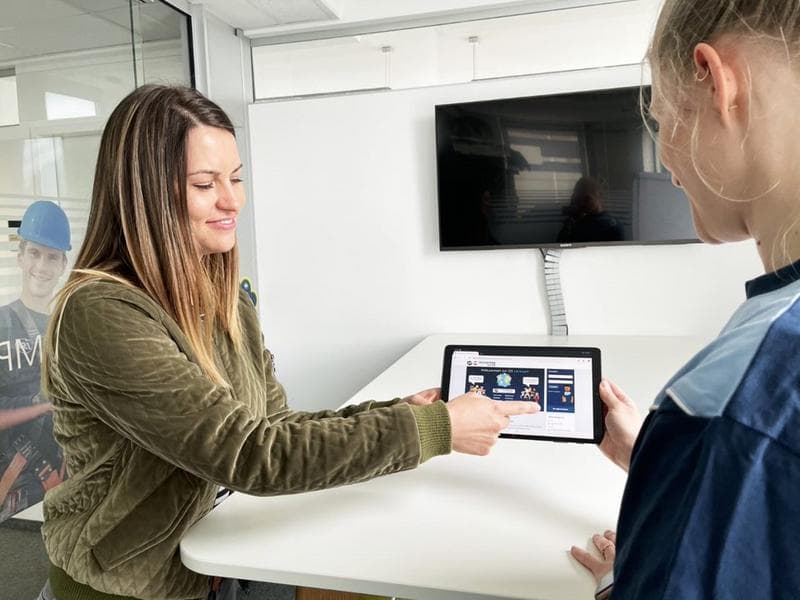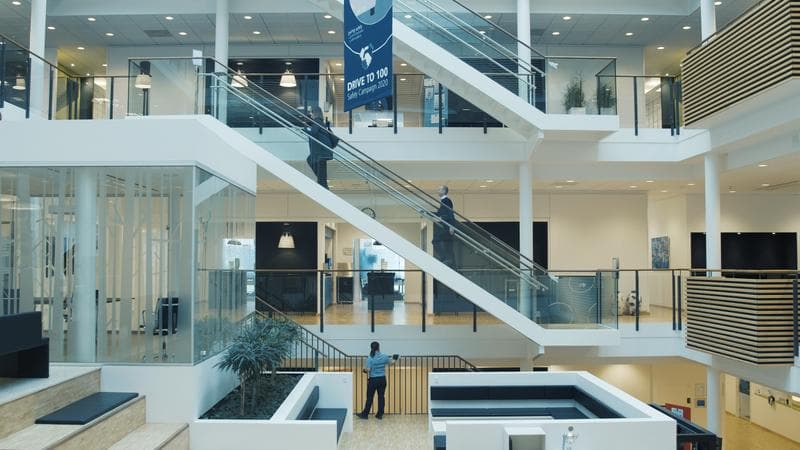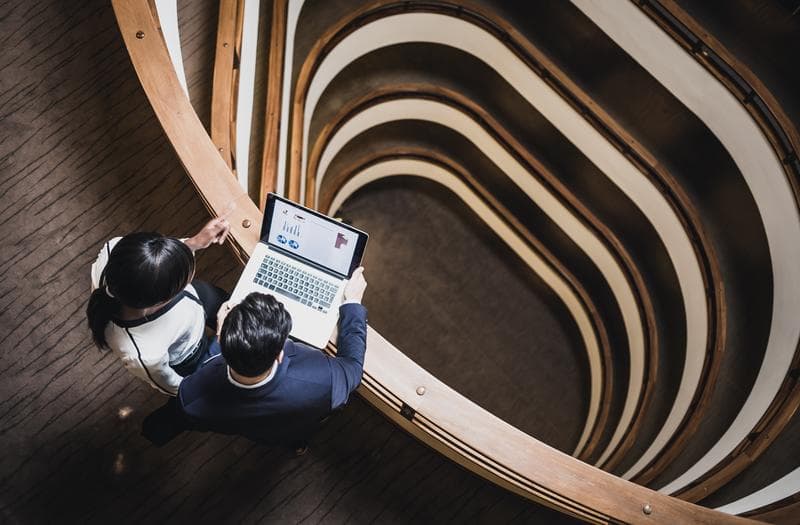blog
A learning culture that supports diversity

“
Each and every employee deserves to know about ISS’s high standards – not only to do their job, but also to protect their health.
Stay up to date
INSIGHTS
Stories about people, places and planet

Blog
Diversity and Inclusion as a key driver of the future workplace

BLOG
Creating a safer workplace with PURE SPACE

BLOG